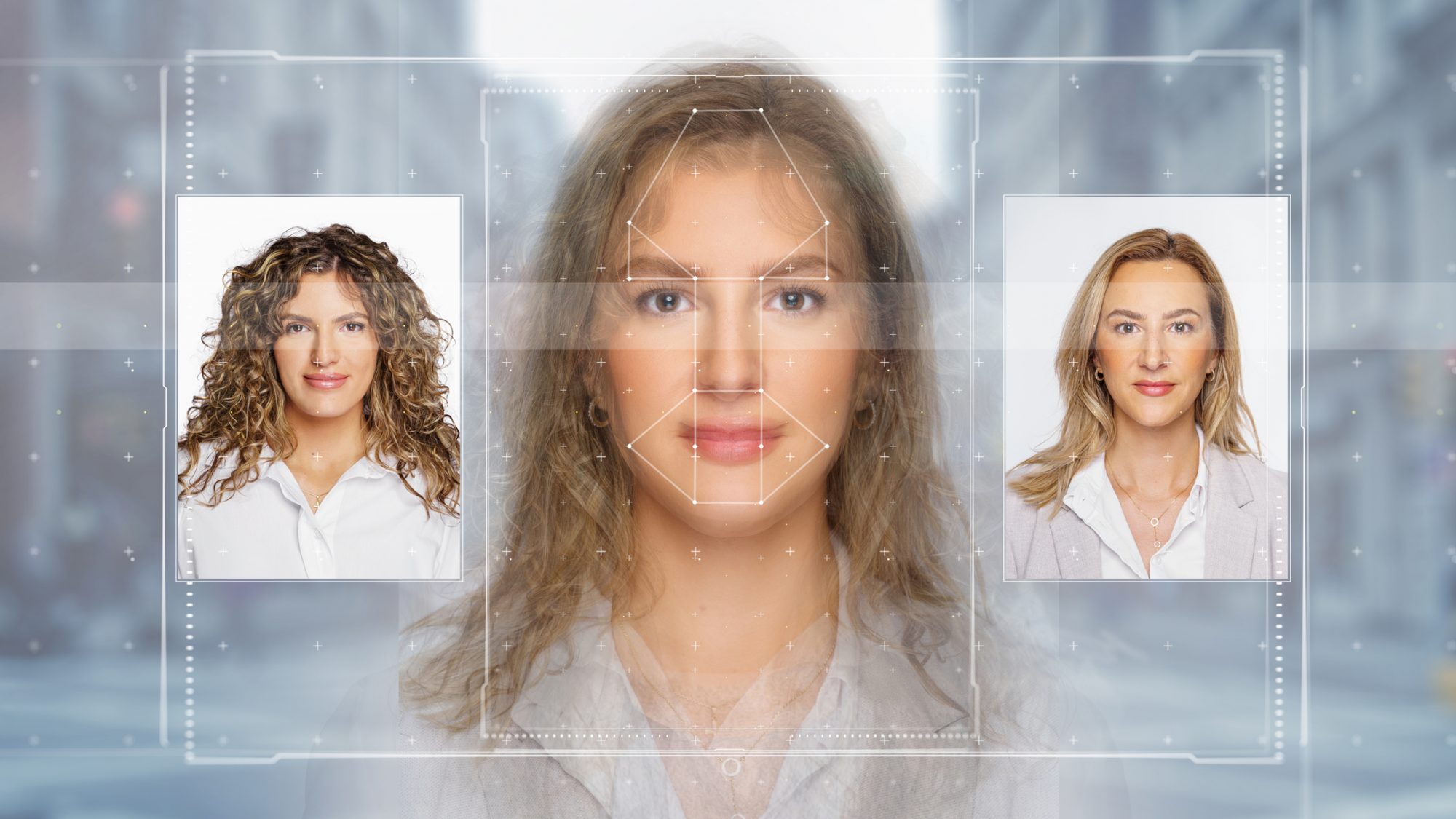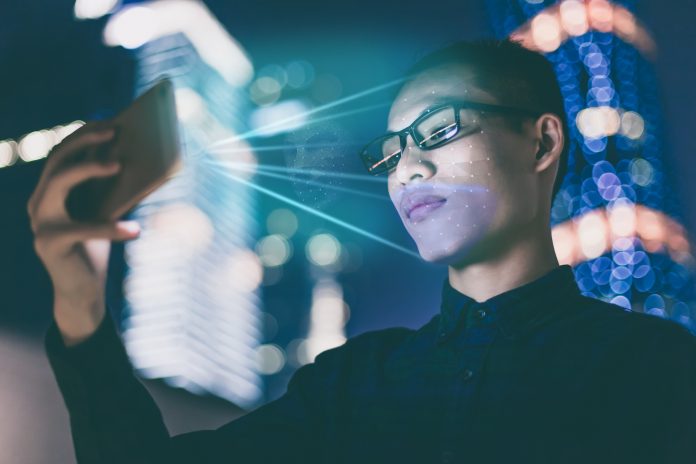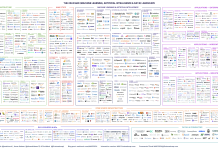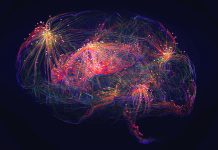The United Kingdom is exploring a new law that would mandate the labelling of all artificial intelligence generated photos and videos to counter AI deepfakes
The proposed legislation, currently under consideration by UK Prime Minister Rishi Sunak, aims to regulate the rapid advancement of AI technology and address the growing concerns surrounding artificial intelligence deepfakes.
As part of this initiative, pictures and videos created through AI algorithms would be required to be clearly labeled.
The UK government also plans to develop national guidelines for the AI industry, which will be presented at an upcoming global safety summit in the autumn.
Furthermore, these proposed laws are intended to serve as a model for international legislation.
In addition, the UK government has initiated the establishment of a British AI safety agency, tasked with assessing powerful AI models to prevent their deviation from intended objectives.
This is to explores the challenges posed by AI and deepfakes, highlighting the necessity for comprehensive regulation and labelling mechanisms to mitigate potential risks.
PM Rishi Sunak explores potential legislation
UK Prime Minister Rishi Sunak is currently evaluating the implementation of legislation that would require clear labelling for AI-generated photos and videos.
The objective is to enhance transparency and accountability in the AI industry as the technology grows to become a greater part of our everyday life.
The UK government also aims to create a regulatory framework that can serve as a blueprint for global adoption. This is to recognise the importance of international cooperation, it seeks to address the challenges presented by AI and deepfakes on a global scale.
Persisting concerns over deepfakes
Deepfakes continue to generate serious apprehension on a global scale.
In May, a viral AI-generated photo depicting a simulated explosion near the Pentagon in Washington, D.C., briefly impacted financial markets, highlighting the potential consequences of manipulated media.
The circulation of photorealistic AI images depicting the arrest of Donald Trump underscored the inherent dangers associated with deepfakes.
Ultimately, experts have warned that such instances will become a commonly occurring problem as the use of AI becomes an intrinsic part of our world.
These instances further emphasise the need to address the risks posed by manipulated media.

Global regulation for AI
The European Union has recently called upon tech companies engaged in AI content generation to label their creations.
This requirement is part of the forthcoming Digital Services Act, which will also mandate social media platforms to adhere to labelling obligations, enhancing transparency and aiding users in determining the authenticity of media.
Google has also pledged to label AI-generated images to facilitate user comprehension of photograph origins.
This initiative aims to promote a better understanding of the authenticity and potential manipulation of visual content.
The proposed legislation in the UK to enforce clear labelling of AI-generated photos and videos signifies a proactive approach in addressing the threats posed by deepfakes.
By establishing robust guidelines and regulations, the government aims to ensure transparency and accountability within the AI industry.
Such measures are essential in safeguarding against the potential misuse of AI technology.
Furthermore, global collaboration and the development of standardised practices will play a crucial role in countering the challenges posed by deepfakes while upholding the integrity of visual media in an increasingly AI-driven world.
The Rise of AI: Transforming Industries and raising concerns
Artificial intelligence (AI) has become a disruptive force that is altering businesses and opening up previously unimaginable opportunities.
AI technologies have proven their potential in a number of fields, including picture and audio recognition, natural language processing, and autonomous systems, thanks to developments in machine learning and deep learning algorithms.
However, as AI continues to permeate society, concerns have arisen regarding its ethical implications and potential risks, with deepfakes being one of the key areas of concern.











